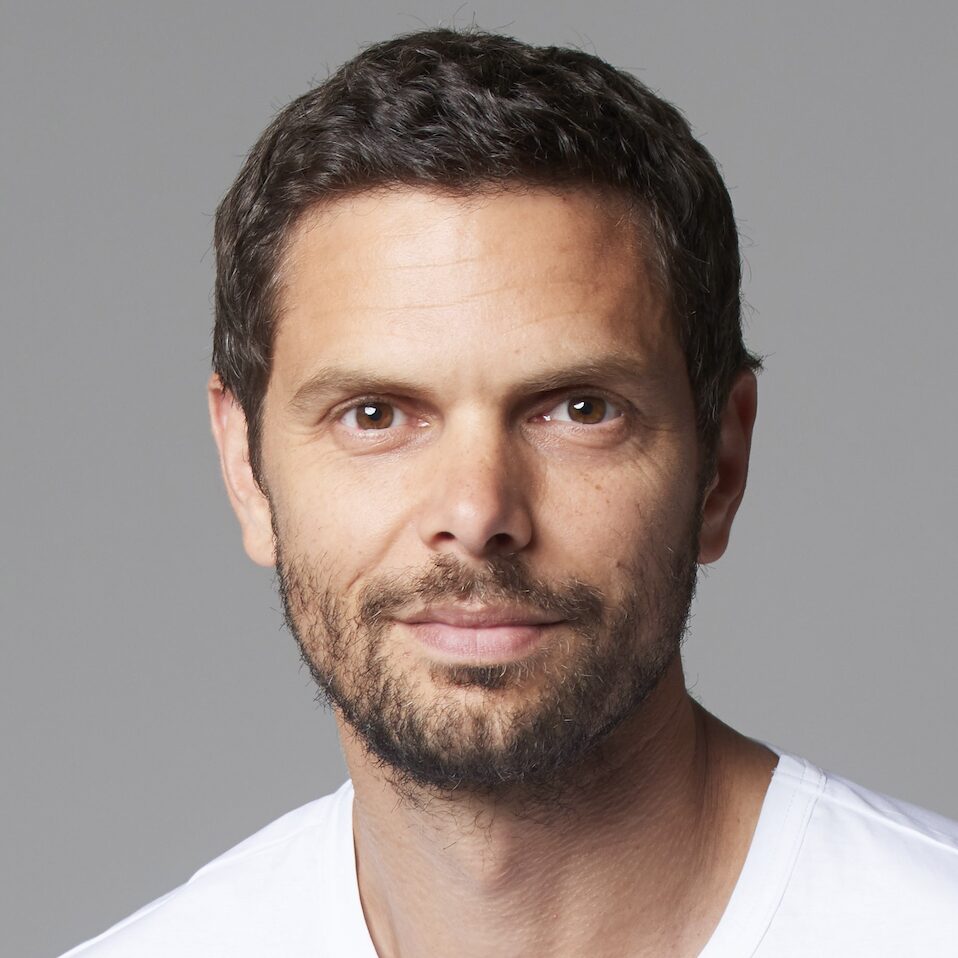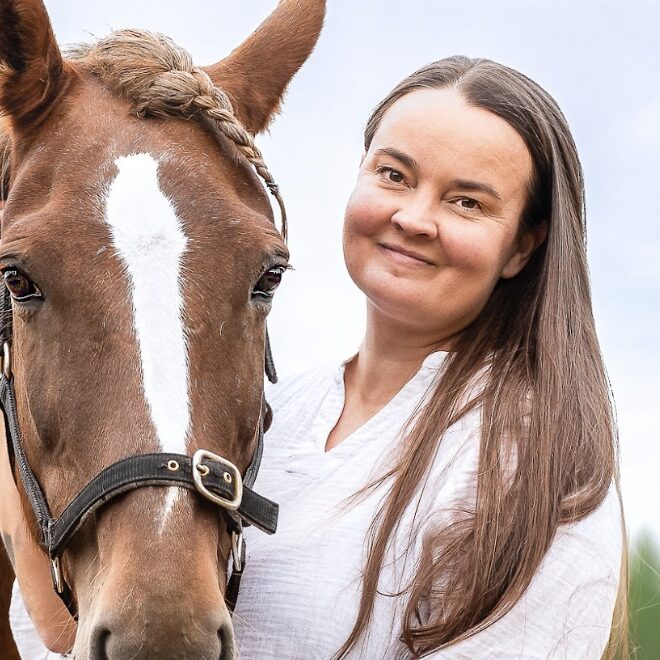Keynotes
Peter Sarlin
Wednesday, September 17, 10–11:00 am EEST

Peter Sarlin
Co-founder and CEO, AMD Silo AI; Professor of Practice, Aalto University
Peter Sarlin is Co-founder and CEO of Silo AI, AMD’s world-leading AI lab, shaping the future of AI computing. He also co-leads Europe’s largest open-source AI initiative OpenEuroLLM, bringing together 20 leading institutions to build open AI infrastructure.
Concurrently, Peter continues his academic career as Professor of Practice at Aalto University, specializing in machine learning and AI. With a PhD in machine learning, he has a rich academic background that spans roles as a tenured professor, visiting professor and research associate at institutions like the Imperial College London, London School of Economics, University of Technology Sydney and Goethe University Frankfurt. Peter has also held board-level roles in IEEE Technical Committees, leading academic journals and conferences, as well as roles in early-stage startups and large organizations, such as the European Central Bank and the International Monetary Fund.
In addition to his work in academia and industry, Peter is the founder of Foundation PS, an initiative dedicated to advancing AI research and strengthening Europe’s AI ecosystem. The foundation has donated 13 professorships that form the PS Fellow network, and continues to support AI research through grants, scholarships, and other initiatives, ensuring collaboration between academia and industry to drive AI innovation forward.
In his opening keynote, Peter will address these key questions in AI development and integration:
- What does it mean, in practice, to “put humans at the center” when building or integrating AI solutions?
- How can AI become a true engine of value creation – not just through automation and making us more efficient?
- How can we ensure that AI delivers real, lasting value to businesses and society?
- What will it take for Europe to build globally competitive AI companies – grounded in values, resilience, and sustainability?
Pauliina Rautio
Thursday, September 18, 9:30–10:30 am EEST

Pauliina Rautio
Professor of Biodiversity Education, University of Oulu
Pauliina Rautio runs a rehabilitation service for injured wild birds in the North of Finland, takes care of rescue budgerigars, an elderly dog, chickens and a horse, and is a Professor of Biodiversity Education at the University of Oulu. She currently leads several large-scale research projects on multispecies everyday lives in the framework of environmental social sciences. Her transdisciplinary research team AniMate includes scholars of education, sociology, anthropology and biology, as well as collaboration with artists working on science fiction literature, dance or fine arts, among others. The group produces in-depth studies, often collaborating with young citizens, exploring the conditions of respectful co-existence with other species and the possibilities of pedagogical approaches that lean on the idea of multispecies justice.
Many people rarely think about the species whose lifeworlds collide with ours every day. Pauliina will discuss how crafting space for multispecies knowledge and storytelling helps us acknowledge intersecting intelligences and define our work and our lives beyond species categories.
Sarah Pink
Friday, September 19, 11:00 am–12:00 pm EEST

Sarah Pink
Australian Research Council Laureate; Professor, Monash University
Sarah Pink is an award-winning futures anthropologist and documentary filmmaker and Australian Research Council Laureate Fellowship recipient. She is also a Professor and Director of the Emerging Technologies Research Lab and FUTURES Hub at Monash University. Previously, she was a Distinguished Professor and Director of the Digital Ethnography Centre at RMIT University. Sarah has published widely in the field of qualitative inquiry, authored the books Doing Visual Ethnography (2021, 4th edition) and Doing Sensory Ethnography (2015 2nd edition), and co-authored Digital Ethnography (2016) and Design Ethnography (2022). Her recent documentaries include Smart Homes for Seniors (2021) and Digital Energy Futures (2022).
In her closing keynote, Sarah will pose a series of provocative questions and lead us in a discussion exploring:
- What is the place of futures ethnography in an evolving field of diverse and collaborating intelligences, where foresight, forecasting and AI are fast becoming centered?
- What new configuration of intelligences can we use to frame our work toward desirable futures amid radical technological, environmental and economic uncertainties?
- Is the rise of foresight related to the demise of design?
- How can a new futures ethnography shape the agenda?
